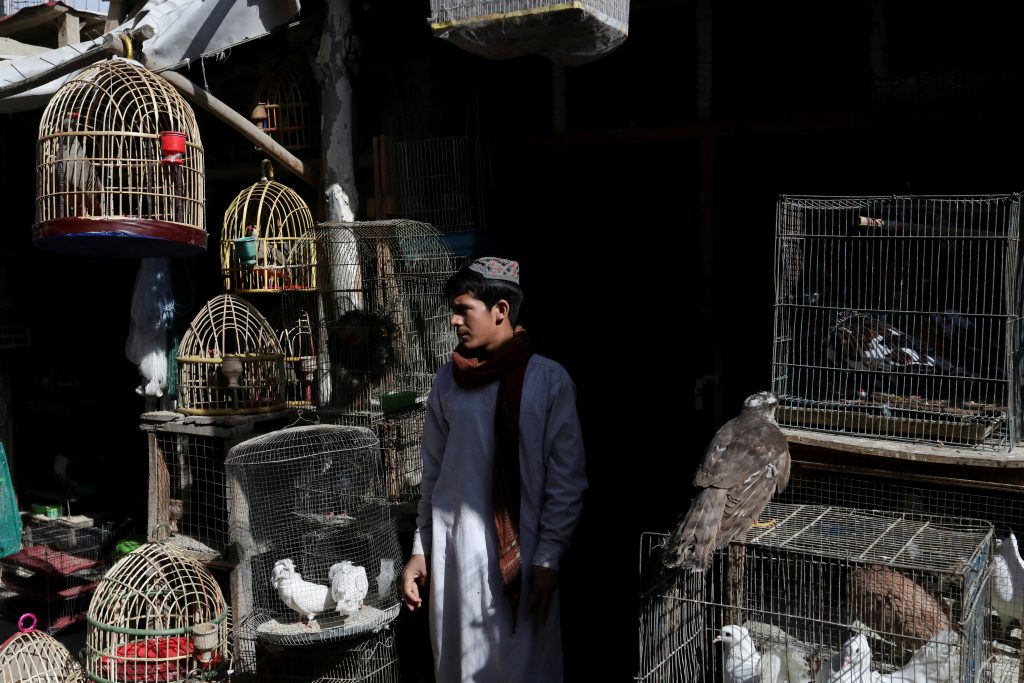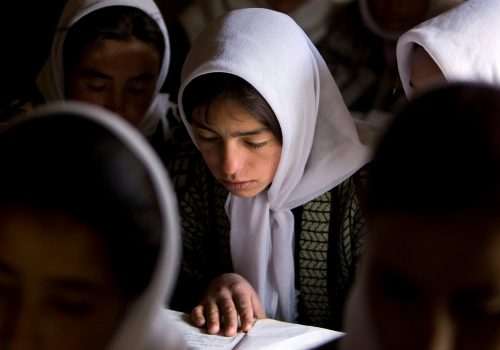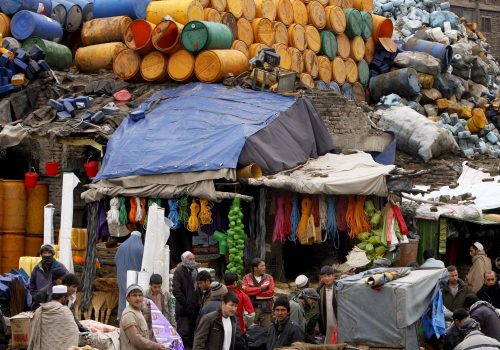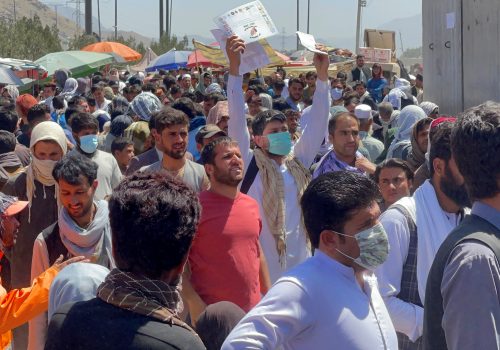While the overall levels of conflict may have decreased significantly, Afghanistan is in the midst of an economic, political, and humanitarian crisis. Along with the lack of an inclusive government, the Afghan economy has shrunk by at least 40 percent since the United States withdrew its forces in August 2021. The country is experiencing one of the worst food insecurity and malnutrition crises globally with approximately 22.8 million people projected to be impacted and about 97 percent of the population living in poverty.
In addition, not only are the fundamental rights and freedoms of Afghan women and minorities continuing to be curtailed, but Afghanistan is also an increasingly safe haven for terrorist groups–which has been a major concern for neighboring countries in the region. According to a January 2022 United Nations Security Council assessment, such groups today enjoy greater freedom in Afghanistan than at any time in recent history.
To explore these issues, the Atlantic Council’s South Asia Center brought together a panel of experts to discuss their implications for Afghanistan’s security.
This panel was recorded on May 31, 2022.
Featuring
Dr. Nilofar Sakhi
Non-Resident Senior Fellow
Atlantic Council’s South Asia Center
Amb. Ronald Neumann
Former US Ambassador to Afghanistan
Tabish Forugh
Contributing Editor
Fair Observer
Annie Pforzheimer
Non-Resident Associate
Center for Strategic and International Studies
Moderated by
Hameed Hakimi
Non-Resident Senior Fellow
Atlantic Council’s South Asia Center

The South Asia Center is the hub for the Atlantic Council’s analysis of the political, social, geographical, and cultural diversity of the region. At the intersection of South Asia and its geopolitics, SAC cultivates dialogue to shape policy and forge ties between the region and the global community.
Related content
Image: A man stands in front of his shop, which sells birds, as he waits for customers in Kabul, Afghanistan, April 22, 2022. REUTERS/Ali Khara



